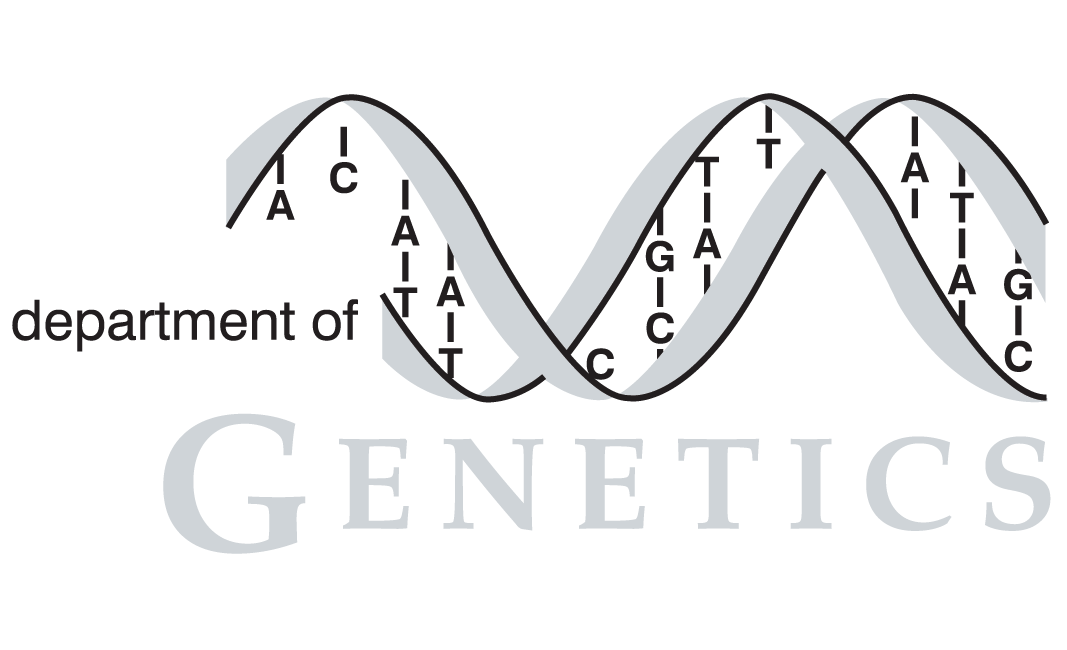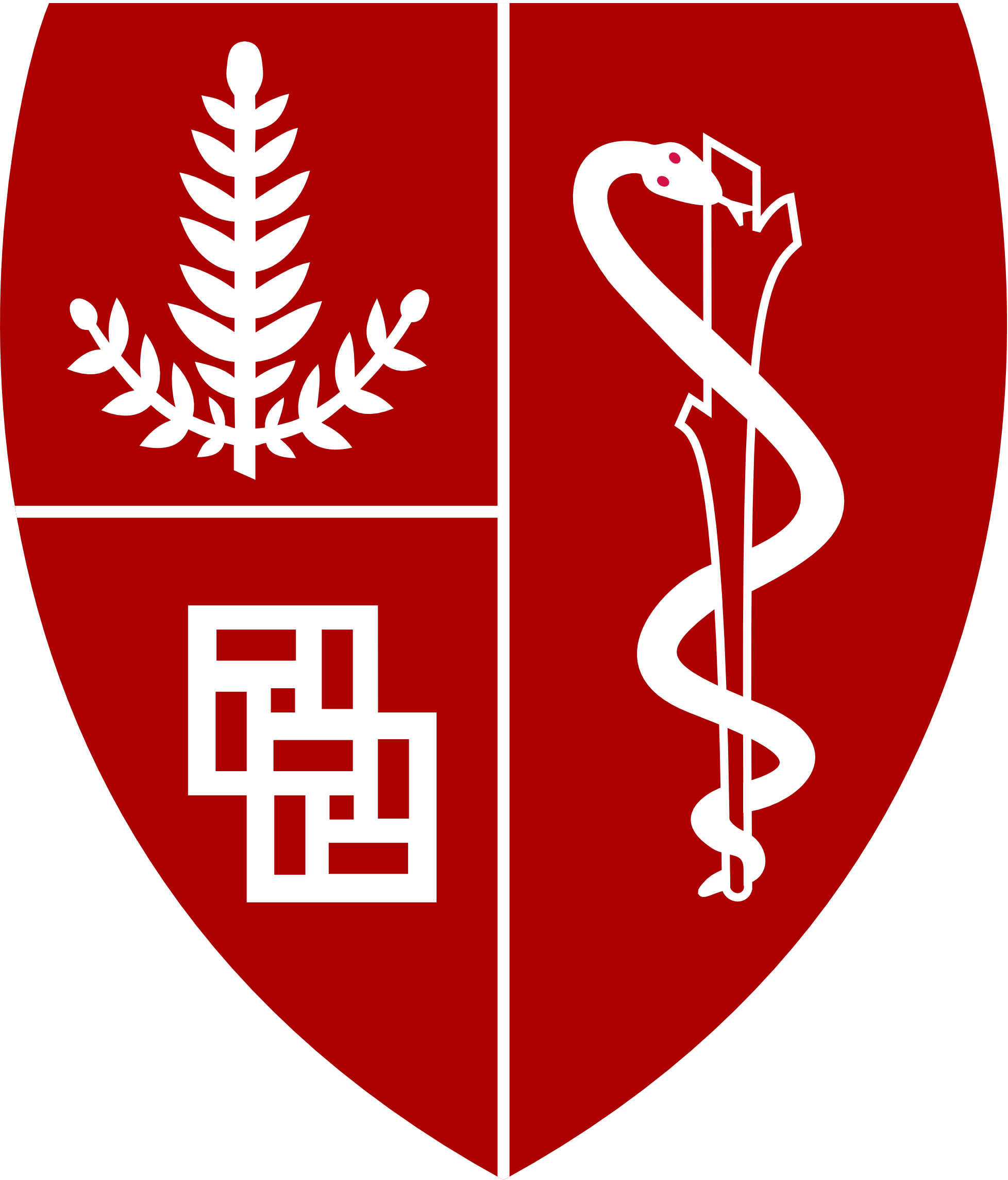| Citation | Kitagawa E, Takahashi J, Momose Y, Iwahashi H. Effects of the pesticide thiuram: genome-wide screening of indicator genes by yeast DNA microarray. Environmental science & technology, 2002. |
| PubMed ID | 12269742 |
| Short Description | Effects of the pesticide thiuram: genome-wide screening of indicator genes by yeast DNA microarray. |
| # of Conditions | 9 |
Full Description

|
Although there have been studies on the toxicity of the pesticide thiuram, the present study is the first one to attempt to integrate a whole genomic response using microarray technology. From the DNA microarray experiment it was found that exposure to thiuram led to alterations of gene expression in yeast cells and that many genes involved in detoxification and stress response were highly induced. The induced genes were classified according to the MIPS yeast database. The induction of genes concerned with folding and proteolysis reflects the protein denaturing and degradation effects of the thiuram treatment The induction of genes involved in redox and defense against reaction oxygen species also suggests that thiuram has other effects, such as oxidative stress. Genes classified for carbohydrate metabolism and energy were also highly induced, and these gene products may play the role of providing the energy for the detoxification mechanism. In addition, in view of the induction of some genes involved in DNA repair, thiuram potentially causes DNA damage. Therefore, as stated in previous reports, thiuram is a potential positive toxic chemical. On the other hand, YKL071W, YCR102C, YLR303W, and YLL057C were selected based on the result of a DNA microarray experiment and used for the promoter activity assay. Thiuram treatment affected the promoter of these genes, indicating that this technique could be used for the selection of biomarker candidates. |
Tags
 |
Contact: sgd-helpdesk@lists.stanford.edu


